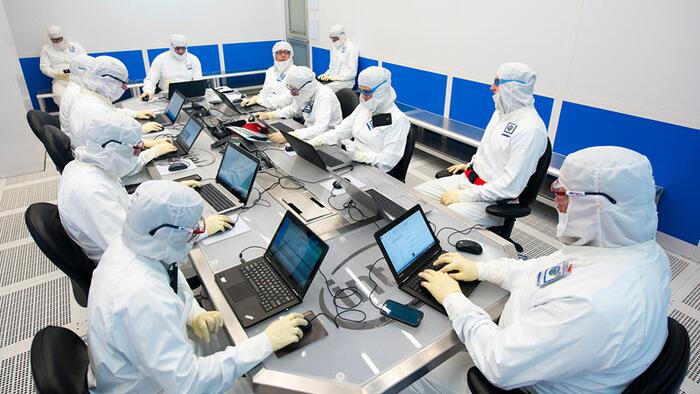
What’s Happening?
The U.S. government, led by the Trump administration, is in talks to buy a minority stake in Intel, a major computer chip company. This move aims to help Intel fund its stalled plan to build a massive chip factory in Ohio and secure America’s chip supply.
Key Points Made Simple
- Why Intel Needs Help
- Intel once dominated the global chip industry but has fallen behind competitors like Taiwan’s TSMC.
- Its Ohio factory project, meant to be the world’s largest, has faced years of delays due to financial struggles (think: starting a big renovation but running out of cash).
- The Government’s Plan
- Financial Boost: The government would pay for a stake in Intel, similar to how it invested in MP Materials (a rare earth minerals company) last month.
- National Security Angle: Chips power everything from smartphones to military tech. The U.S. wants to reduce reliance on foreign-made chips.
- What Changed?
- After Intel’s CEO, Lip-Bu Tan, met with Trump this week, tensions cooled. Earlier, Trump had criticized Tan’s ties to China and called for his removal.
- The stake might secure Tan’s position as CEO and revive the Ohio project.
Recent Examples of Similar Deals
- MP Materials: The Pentagon (U.S. military) bought a $400M stake in this rare earth company, making it the largest shareholder. Rare earths are critical for tech and weapons.
- U.S. Steel: The government took a “golden share” (a special stake with veto power) in its sale to Japan’s Nippon Steel to retain influence.
Market Reaction
- Intel’s Stock Soared on the news, wiping out losses from a recent bad earnings report.
Imagine a rollercoaster: Intel’s stock dropped after poor earnings but shot back up when the government deal rumors hit.
Why Does This Matter?
- Jobs & Economy: The Ohio factory could create jobs and boost local manufacturing.
- Tech Independence: More U.S.-made chips mean fewer supply chain disruptions (like during the 2020s chip shortage).
- Global Competition: This counters China’s growing influence in tech and rare earth materials.
What’s Next?
- Details (like the size of the stake) are still being negotiated.
- Intel says it’s “working with the administration” but won’t confirm the deal yet.
Think of this as a high-stakes poker game: The U.S. is betting on Intel to regain its lead in chips, but the rules are still being written.